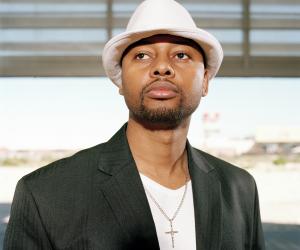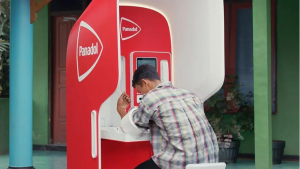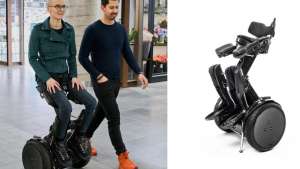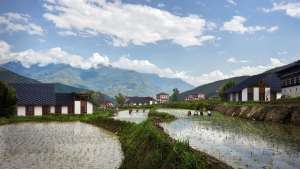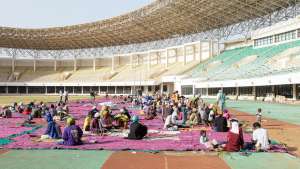
"City Africa" was the theme of the independently-organised TedX event, which took place at the Spier estate outside Stellenbosch on 29 July 2011.
The speakers represented a diverse range of disciplines and specialiastions, and considered "the city" in all its guises, most notably what a future African city could and should look like.
Property developer Jonathan Liebmann set the tone for the day's proceedings by talking about the development of Arts on Main, Jo’burg’s newest cultural hotspot. He talked about the need for community spaces that inspire ideas and encourage design that can change the world.
Understanding the unique position of African cities as being part of the second wave of urbanisation, but without industrialisation, Professor Mark Swilling introduced the idea of African urban dwellers as co-producers. The co-producer is actively involved in shaping their own urban environment, in response to their unique needs.
Data, stories and connected relationships
Talking about visualising data from Africa in a simple and engaging way, Ivan Colic talked about Afrographique. Afrographique creates infographics particularly relevant to the African continent, working to change perceptions about it and its people. Author Jonny Steinberg talked about the need for urban connections while photographer Stan Engelbrecht and Nic Grobler talked about their Bicycle Portraits project. While focusing on bicycles as a form of transport, the project is also about the stories people carry with them.
Climate change, argued Cormac Cullinan, is not the problem. Rather it is the symptom of an unhealthy relationship that has developed between the human species and the rest of the planet. He called for a reconsideration of the world view that separates human beings from the rest of the planet. Rather, we need to see ourselves as part of the Earth as this will see the city as fully integrated into a healthier human-planet relationship. Architect Mokena Makeka in turn called for a Social R-Evolution where the city becomes a web of access, as well as the classroom of the future.
Ask the crowd, design for the user
Crowdsourcing in a quick and easy way to gauge what it is people really want said Zac Rusagara, who talked about crowdsourcing an African city in the future. Marika Shiori-Clark, founding member of Mass Design Group, considered the relationship between architect and client/user, while also unpacking the notion of the "empathic architect".
Highly topical in light of Cape Town’s shortlisting for the 2014 World Design Capital title, Andrew Boraine from the Cape Town Partnership talked about cities for people. He talked about the application of design to change the economic, social and cultural wellbeing of citizens in a city.
If we can understand what is happening now, we can prepare for what happens next. This was the refrain of Joshua Kauffamn in talking about The Cloud and Africa, and how data collection in African cities can help to liberate Africans. Staying on the African continent, UCT architecture students Mark Horton and Joel Pringle talked about their experience of Dar Es Salaam, the second fastest growing city in Africa. From east to west, Eric Kacou from the Ivory Coast reminded us that it is a good time to be African and that we need to "upgrade our prosperity software" and escape the "survival trap". Kacou said Africans need to own their agenda to rise to their place in the world.
Public policy and the mobile future
An expert on urban planning, Michael Lake from the USA talked about the importance of a public policy that is connected and rooted in efficient communication. Sarah Abdelrahman, a video blogger and artist from Egypt, talked about the experience of being part of the revolution that saw the president of her country being ousted earlier this year.
Ending the day on a high note with talk about the possibilities for mobile on the African continent, Steve Vosloo of mLab Southern Africa talked about Africa as a mega city. Vosloo also argued that Africans need a more enabling mobile environment and that access is the most important factor for social and economic development on the African continent. Finally, former general manager of Google South Africa, Stafford Masie talked about why Africa will become the tip of the mobile spear. He also engaged the audience about the sensory-awareness of cities and how data capturing in the city can add value to our lives.

